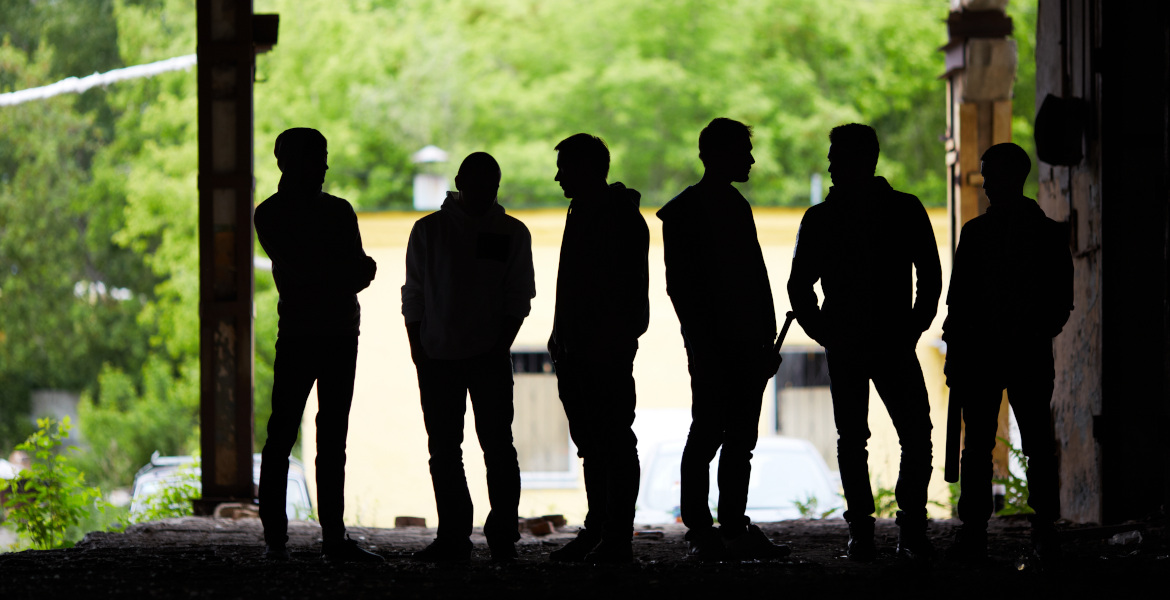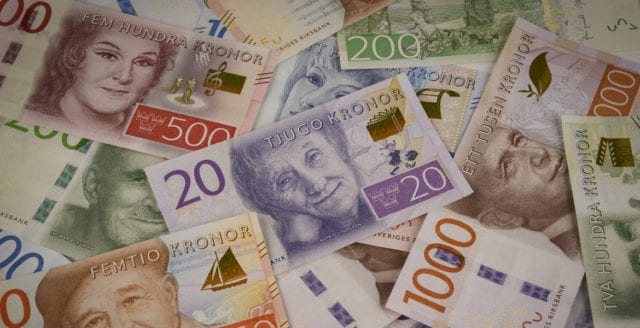Condom use among young Swedes has declined over the past year, according to RFSU's annual Condom Check survey - and the same trend is also noted in our Nordic neighbors.
For several years, the trend has been upwards, with high levels of condom use during and just after the corona restrictions. But according to the latest survey, the proportion of Swedes who have used condoms in the past year has remained at 40%.
– Our survey shows that it has stagnated and now we need to make more efforts to make young people understand that it is important to protect themselves and their partners, says Pelle Ullholm, sex educator at RFSU, in a press release.
Despite the decline, Sweden is the Nordic country where condom use is highest. At the same time, the proportion of young people aged 16-35 using condoms has decreased – from 58% in 2023 to 54% in 2024.
"Used to digital communication"
The proportion of people who used a condom the last time they had sex with a new partner has also decreased – from 53% to 47%. Among the youngest, 16-20 year olds, the decline means that use is back to the same level as in 2016 – before the previous positive trend took off.
In both Finland and Denmark, use has decreased in 2024 compared to the previous year, while Norway is the lowest in the Nordic region at 35%.
The survey also shows that the willingness to use condoms remains high: 68% of young Swedes say they want to use condoms with a new partner. At the same time, actual use dropped from 47% to 44% between 2023 and 2024.
– The majority of young people today are used to digital communication, they are not as used to being in social situations in physical spaces. But we see that the ambition to use condoms is there, so what is needed is the right support and conditions to reverse the trend, says Ullholm.





